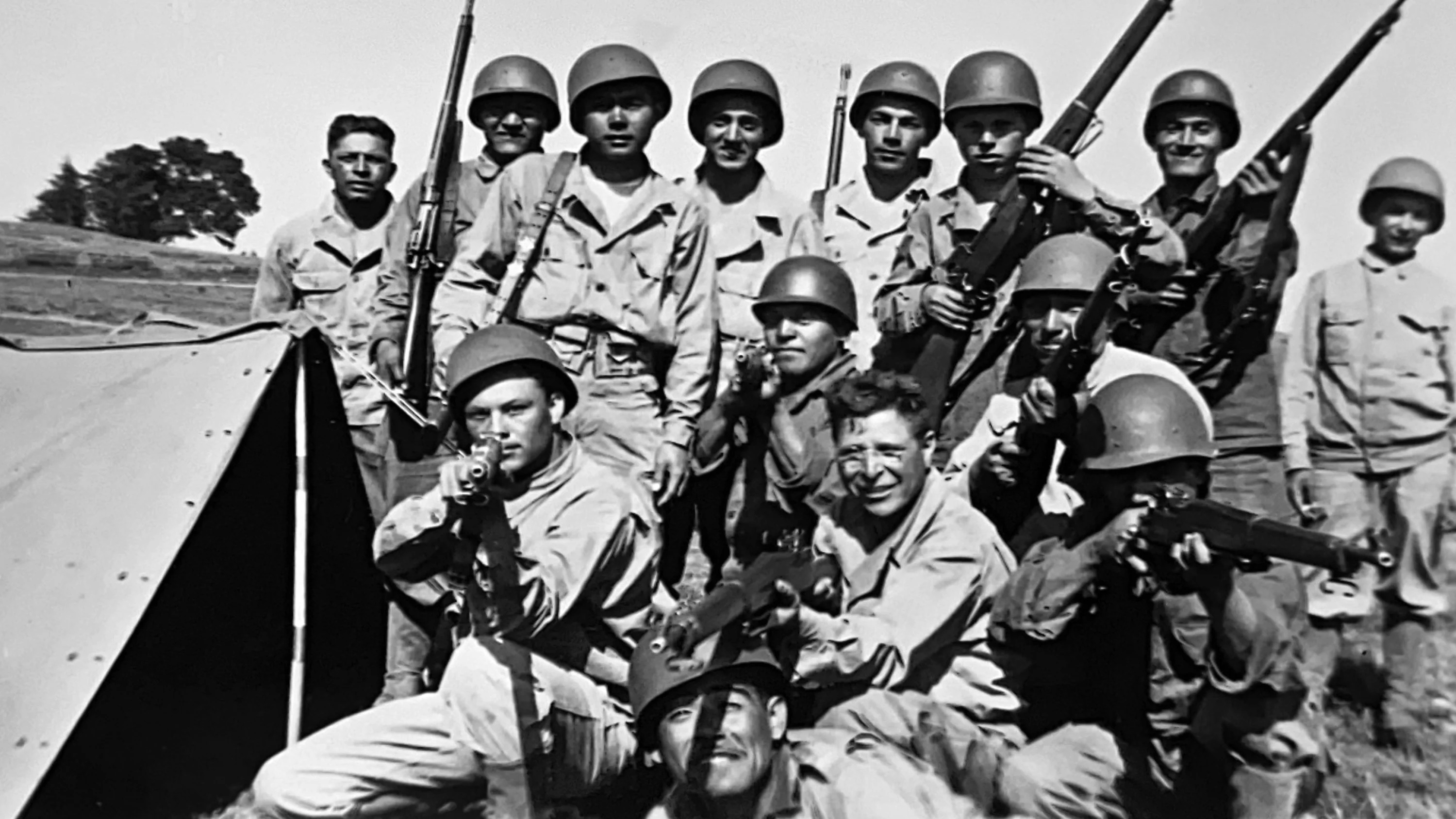The conduct of the Trump administration seems to show that traditional methods of keeping up appearances of cordial relations are no longer in the playbook, threatening U.S. hegemony by sabotaging its own image.

Flying Tigers, the unforgotten China-U.S. alliance in WWII.
President Donald Trump managed to damage relations with the People’s Republic of China (PRC) in a manner that had nothing to do with his fondness for imposing punitive tariffs on Chinese imports or boosting security ties between the United States and Taiwan. Instead, he snubbed the Victory Day parade and ceremony marking the 80th anniversary of China’s role in the Allied victory over Imperial Japan in World War II. Trump could have attended the celebration in Beijing, as did the leaders of many other countries, including Russia, Pakistan, and Indonesia. Failing that show of respect, he could at least have sent a very polite formal message congratulating China and thanking the Chinese nation for its contribution to the defeat of Japan and the other aggressive fascist powers. After all, China had done much of the fighting and suffered grievously in that bloody conflict.
However, Trump chose this sensitive historic occasion not only to snub the Victory Parade but to issue a backhanded statement that seemed to be more a rebuke than an expression of appreciation for the bravery and sacrifice of the Chinese people. He appeared to chastise PRC President Xi Jinping for not specifically mentioning the assistance that the United States had given China during the war. “I thought that the United States should have been mentioned last night during that speech, because we helped China very, very much." It would be difficult to imagine a more tone-deaf message from an American president.

The United States and China were allies during World War II.
Unfortunately, this episode is far from being the only case of Washington’s clumsy behavior toward the PRC and other major powers with respect to even the most basic requirements of effective diplomacy. Moreover, Trump is not the only U.S. leader who has been guilty of such offenses in recent years. 2025 was the latest in a series during which there has been no high-profile U.S. delegation in attendance in Moscow to mark the anniversary of Nazi Germany’s defeat in World War II. Washington also has repeatedly snubbed the lesser but still important anniversary of the day in late April 1945 that Soviet forces linked up with British and U.S. military units at the Elbe River in Germany, effectively confirming the Nazi regime’s imminent demise on the battlefield.
It has long been an irritant to many Russians that U.S. and other Western accounts of World War II highlight—and occasionally even exaggerate—the role that the United States and Britain played in defeating Nazi Germany while minimizing the role that the USSR (and its largest component, Russia) played. Thus, the Normandy invasion and even relatively modest military clashes (such as the Battle of the Bulge) are highlighted in Western (especially U.S.) accounts while much larger, more significant battles on the eastern front receive little coverage. Given the massive casualties that Russian and other Soviet populations suffered, this disparity of attention understandably is a major sore point throughout the Russian Federation.

Pvt. Lui Gain Thyn, standing third from left, served during World War II with a squad of the 20th Armored Infantry Battalion. Some 20,000 Chinese Americans served their country in World War II. (File photo: Association of the United States Army)
Insensitivity about key historical events that are important to other countries is merely the top layer of a deep reservoir of arrogance on the part of U.S. political and policy elites. That arrogance is now manifesting itself regarding more substantive issues. For example, despite China’s extreme sensitivity about the political status of Taiwan, both the Trump and Biden administrations moved to strengthen military ties between Washington and Taipei.
U.S. and NATO leaders believed that they could intimidate Moscow into tamely accepting the Alliance’s inexorable expansion eastward into Russia’s core security zone. They even assumed that the Kremlin ultimately would accept Ukraine becoming a NATO military asset—and in all probability a formal member of the Alliance at some point. When that belief proved to be a tragic miscalculation, Washington and its allies responded by imposing draconian economic sanctions on Russia.
The Biden administration also demanded that the PRC, India, and other major powers follow Washington’s lead to isolate Russia and assist Ukraine in its war of resistance. That effort failed spectacularly, as those countries and the entire “Global South” spurned NATO”s demands. U.S. leaders have responded to that resistance with the diplomatic equivalent of a temper tantrum. Washington has openly threatened both China and India with punitive tariffs if they don’t move to economically isolate Moscow. All such attempted bullying has done, though, is to drive the three countries closer together in opposition to U.S. policies. President Trump now laments that the United States has lost Russia and India to “deepest, darkest China.” That comment suggests that Washington now regards the PRC as America’s principal enemy, surpassing even Vladimir Putin’s Russia for that status.
Washington’s relations with so many major powers in the international system are now in dire straits with respect to multiple, important substantive issues. Very troubling developments are apparent in both the economic and security arenas. Trump’s tariff wars against a surging number of targets is at the top of the list, along with his foolhardy decision to continue meddling in the Ukraine-Russia war. The last thing the Trump administration needs to do is make matters even worse by engaging in boorish conduct on symbolic diplomatic matters.
In fact, U.S. policymakers should initiate a total reboot of Washington’s diplomatic strategy—especially toward other major powers. Even symbolism on seemingly mundane matters can be important. Showing indifference, or even worse creating the impression of disrespect, for historical milestones in other cultures can be quite damaging to bilateral relations. Such snubs also make it harder for the United States to conduct a constructive dialogue with other governments and their societies on important substantive issues.
Such diplomatic malpractice also is totally unnecessary. What terrible sacrifice would have been required for President Trump or Vice President J. D. Vance to have attended the commemoration of China’s victory over Imperial Japan in World War II? It merely would have been a gesture of courtesy and respect for a very significant, emotional event in the history of another important nation. Such behavior by U.S. leaders should become second nature and not even necessitate a reminder.
